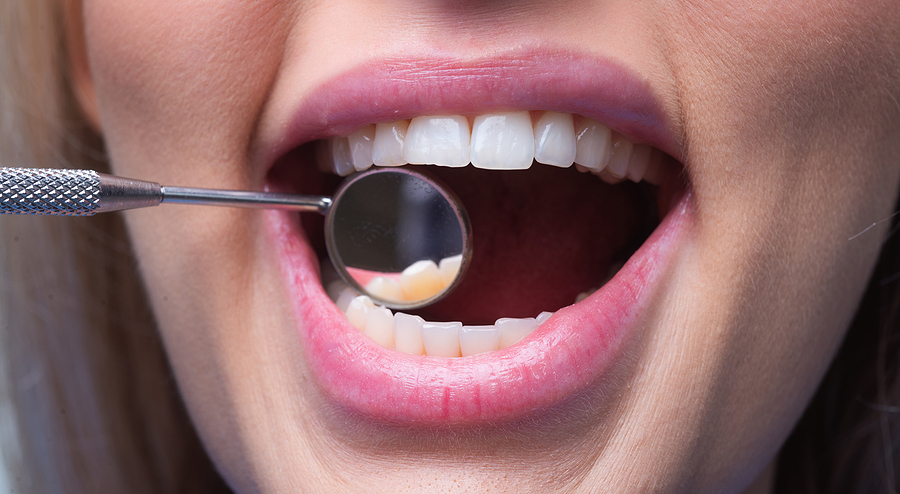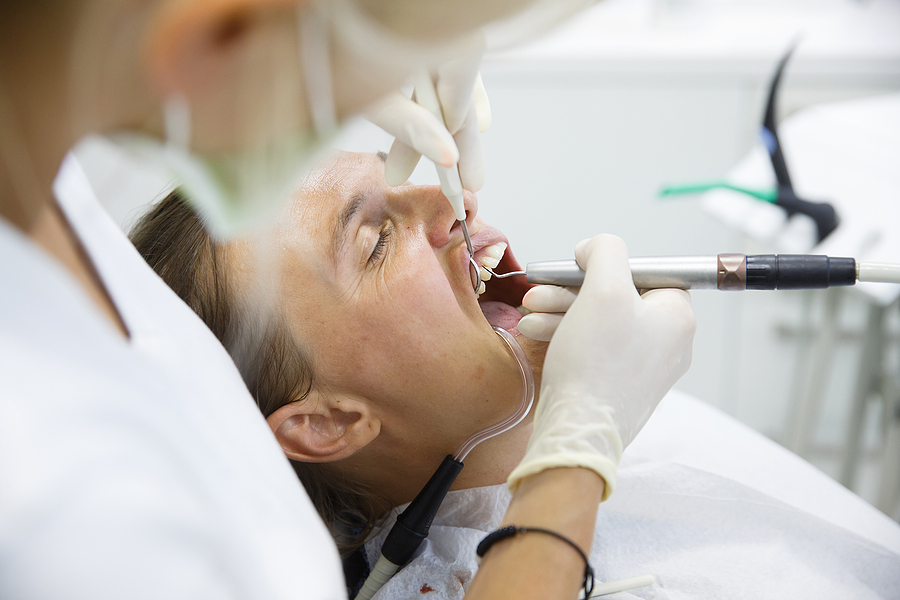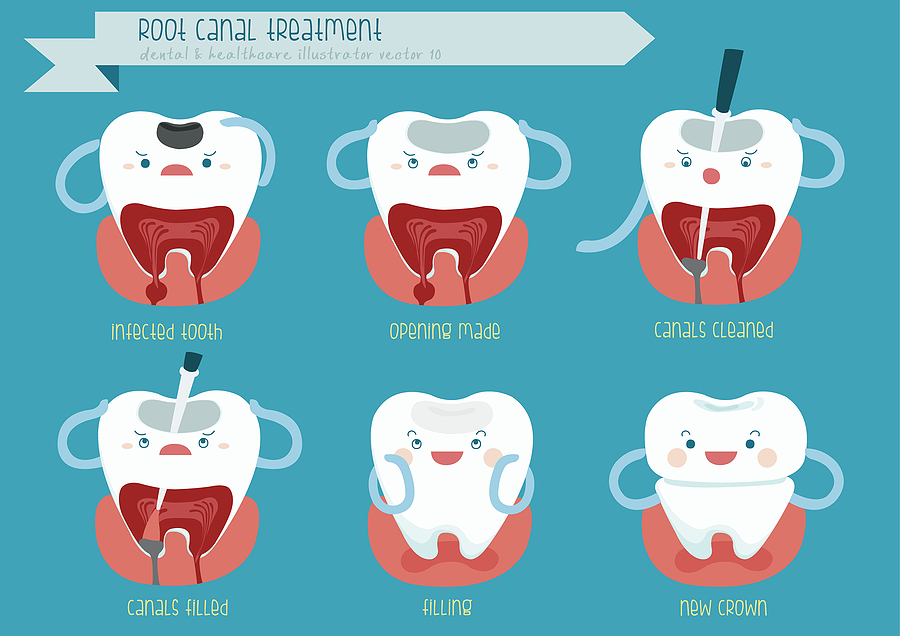Posted by Dr. Christine Y. Lee on Mar 4 2019, 02:09 AM
A TMJ dentist focuses on treating temporomandibular joint disorder. Temporomandibular joint disorder, or TMJ disorder, is a condition that occurs when the socket that connects your lower jaw and skull is misaligned or out of place. TMJ disorder is known to be commonly associated with constant headaches, migraines, ringing in the ears, teeth grinding and jaw pain. Despite a lack of scientific research conducted on the issue, women are more likely to develop TMJ compared to men.
Scientists have done some research on the estrogen receptors in the brain as well as jaw tissue. Scientists believe that estrogen in women can cause additional strain on the brain, thus causing the brain to lack the proper ability to navigate or control pain in female TMJ sufferers. Progesterone, a hormone that has been negatively associated with the growth of bone, cartilage and certain proteins in the body, has also been at the forefront of scientists' research agenda.
Women who are pregnant will often have lowered vitamin levels due to having to supply for two. Researchers have suggested that this lack of vitamins, such as a deficiency in magnesium, can cause issues related to TMJ. Women tend to also be extremely stressed and fatigued while pregnant. This means that they are more likely to clench their jaw or grind their teeth. This does nothing but worsen the issue at hand.
Stress can also negatively affect a female’s hormone balance. This decreases their ability to get a good night's rest. When you fail to sleep, the body cannot produce the proper amounts of dopamine and essential vitamins into the bloodstream. This further worsens the cycle of vitamin deficiency and stress. A TMJ dentist will be able to properly examine the exact issue at hand.
The anatomy between a male and a female’s jaw can vary. Female jaw muscles are more prone to injury and increased levels of inflammation and exhaustion. As a result, women tend to receive less blood and less oxygen to their faces: their jaws in particular. When you lack the proper amount of oxygen and blood, your muscles begin to produce additional amounts of lactic acid. Increased levels of lactic acid generally lead to cramping, spasms and pain. A lack of blood means less circulation to the brain. This causes constant headaches and migraines associated with TMJ.
Interestingly enough, women who also have a history of obstructive sleep apnea tend to have increased chances of developing TMJ as well. Sleep apnea causes damage to the brain cells and can actually cause restricted movement in the jaw muscles if not treated in a timely manner. Damage to the brain cells can also cause anxiety and related symptoms to appear as well.
When someone is anxious or depressed, they tend not to eat. When they fail to eat, they tend to lack the proper vitamins to grow and heal. When you lack essential nutrients, you restrict your blood flow and oxygen levels, thus causing TMJ.
TMJ a vicious cycle that unfortunately eats away at more women than men. Contact a TMJ dentist as soon as possible if you believe you are suffering from TMJ.

Transforming Smiles: How Dental Implants Strengthen Jawbone Health and Enhance Facial Aesthetics

The Science Behind Root Canal Therapy: How It Saves Your Tooth

The Benefits of Root Canal Treatment: Why Saving Your Tooth is Worth It

Transform Your Smile with Cosmetic Dentistry

Preserve Your Smile with Expert Root Canal Treatment in Santa Clara, CA